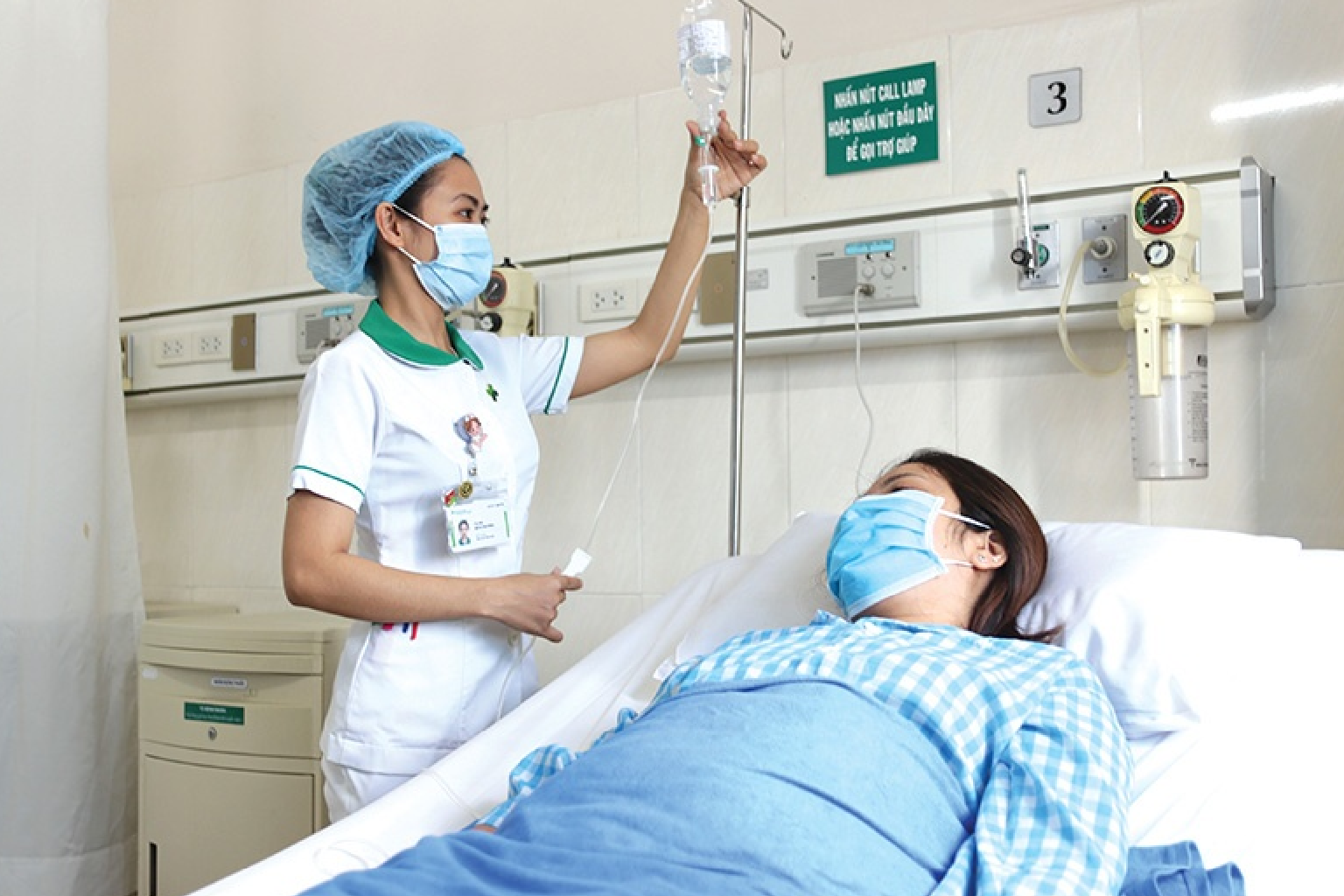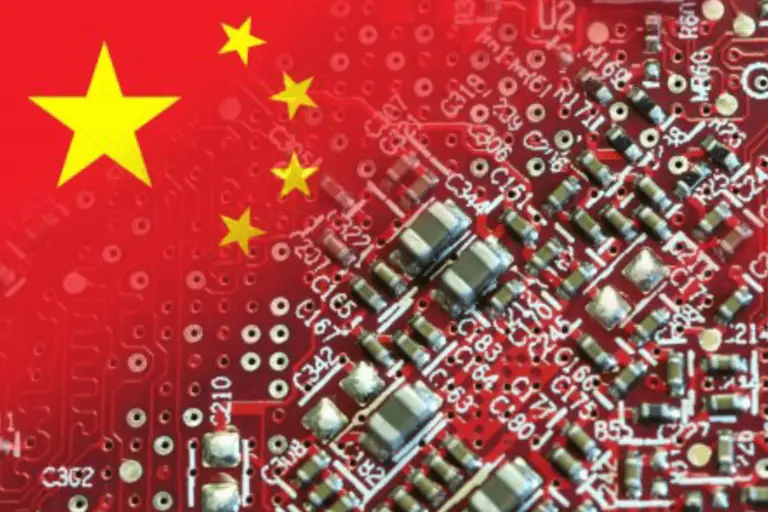
Vietnam Accelerates AI in Healthcare for Enhanced Patient Care
Vietnam’s healthcare system is quickly adopting AI, which makes diagnoses better, reduces doctors’ workloads, and improves patient care by making medical images faster and more accurate.
Dr. Mai Hồng Sơn from the Military Hospital 108 said at a medical meeting over the weekend that using artificial intelligence (AI) in medical imaging diagnostics helps doctors cut down on work time and make decisions more quickly and accurately.
At the conference, Sơn talked about “Solutions to speed up AI adoption in healthcare in the central city.” AI programs also helped doctors make reports about disease diagnoses in five minutes instead of the normal twenty minutes, with an 80% accuracy rate.
AI apps are now used in many areas, but in Vietnam, healthcare is one of the top four. Dr. Sơn said, “We’ve been working with IT engineers to make more new uses of AI in medical imaging services and treatments.”
The Ministry of Health says that Vietnam’s healthcare system has been speeding up AI study, the use of technology in medical care, and the transition to digital health care.
Vietnam has more than 100 million people, more than 1,400 state hospitals, more than 350 private hospitals, and more than 50,000 clinics, according to the Ministry of Health.
VYPA’s AI Initiative for Community Health
The Viet Nam Young Physicians’ Association (VYPA) suggested that an AI tool be used to check for diseases in one million people as part of a volunteer program for community health.
The head of the Stanford Centre for AI and Imaging, Professor Curtis Langlotz, talked about the benefits of using AI and the future of AI in radiology. He also talked about how Chatbots can help people understand.
Steven Trương Quốc Hùng, founder and CEO of VinBrain, said, “With generative AI, we are writing a new, hopeful story for Vietnamese healthcare.” He said that the healthcare business was having problems everywhere, including a lack of radiographers and bad data management.
According to Hùng, two thirds of the world didn’t have easy access to diagnostic imaging analysis. He also said that four billion pictures are taken every year, and that number is growing by 10% every year. The billions of data points would be too much for even a healthcare worker to handle, he said.
Doctors from the Public Security Hospital 199 in Đà Nang also talked about how they were using AI and digital changes in the local healthcare system. Four hundred people from hospitals and medical centres, including experts and doctors, attended the conference. Siemens, Phillips, LG, Canon, and Samsung all had medical equipment and AI technology on display.


